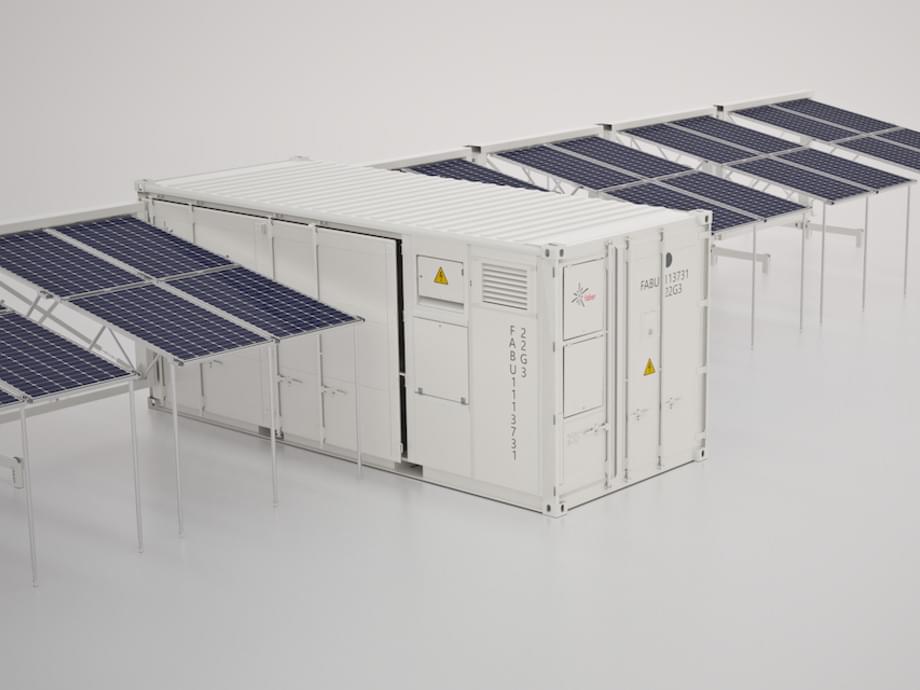Microsoft is tinkering with the idea of a triple-panel Surface handheld, a “Surface Trio”, if you will. However, apart from offering an additional display, it differs in another significant way too.
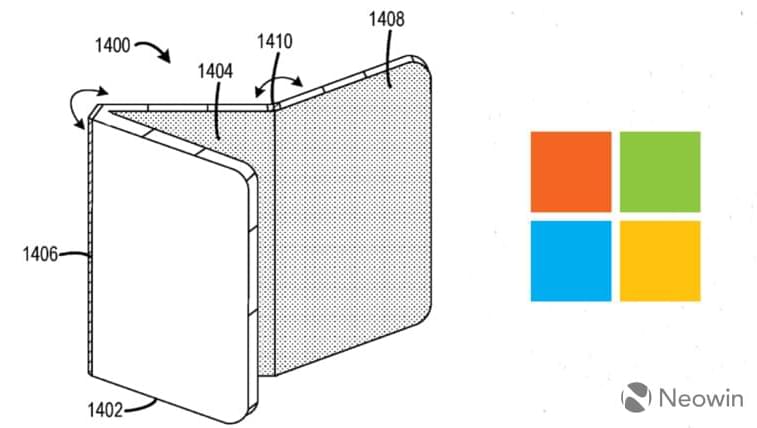

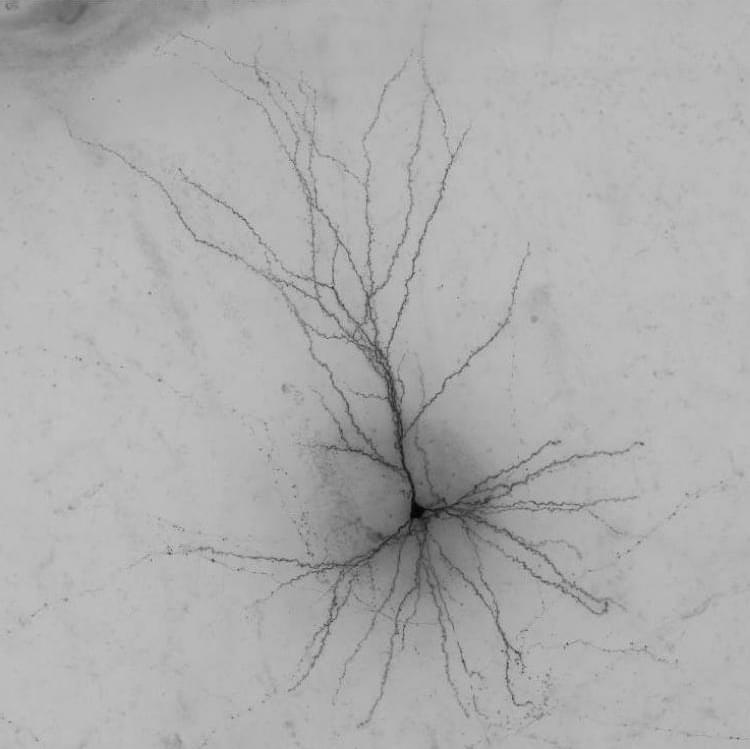
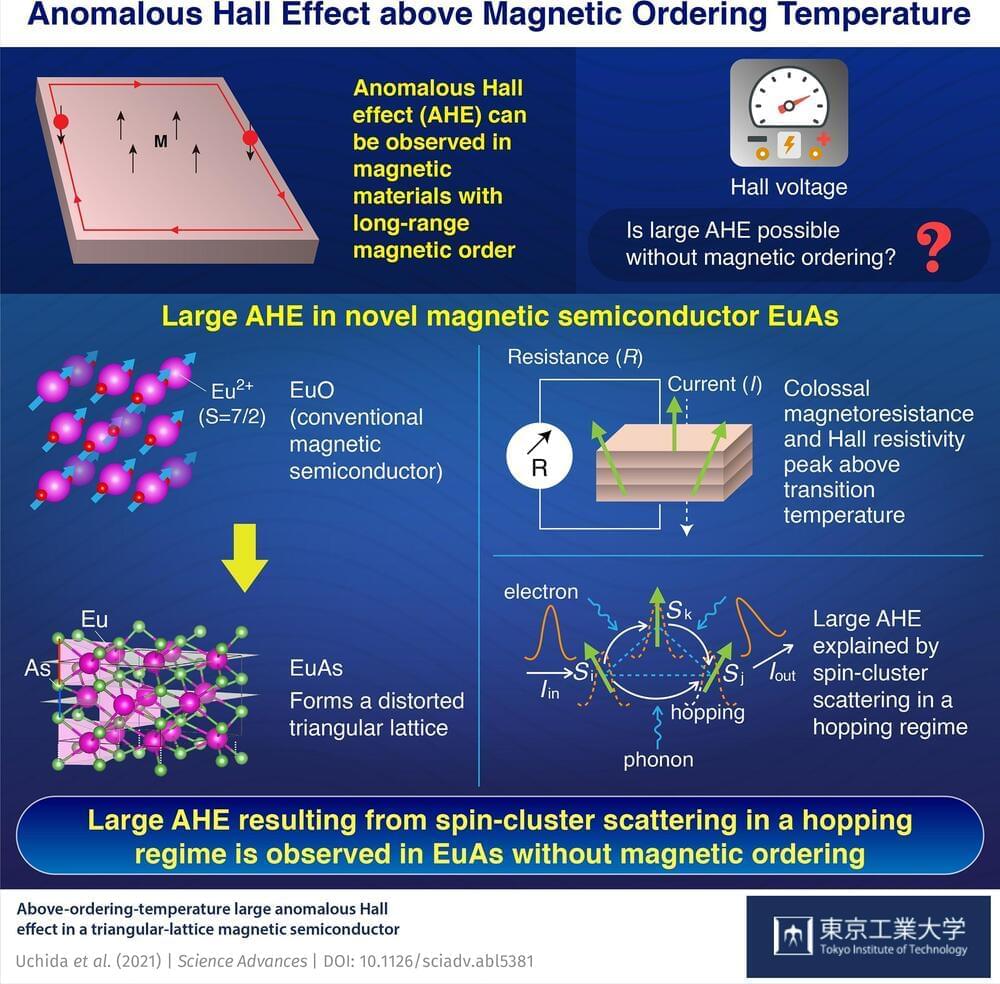
A large, unconventional anomalous Hall resistance in a new magnetic semiconductor in the absence of large-scale magnetic ordering has been demonstrated by Tokyo Tech materials scientists, validating a recent theoretical prediction. Their findings provide new insights into the anomalous Hall effect.
An international scientific group with outstanding Valencian participation has managed to measure for the first time oscillations in the brightness of a magnetar during its most violent moments. In just a 10th of a second, the magnetar released energy equivalent to that produced by the sun in 100,000 years. The observation was carried out without human intervention, thanks to an artificial intelligence system developed at the Image Processing Laboratory (IPL) of the University of Valencia.

An international scientific group with outstanding Valencian participation has managed to measure for the first time oscillations in the brightness of a magnetar during its most violent moments. In just a 10th of a second, the magnetar released energy equivalent to that produced by the sun in 100,000 years. The observation was carried out without human intervention, thanks to an artificial intelligence system developed at the Image Processing Laboratory (IPL) of the University of Valencia.
Among neutron stars, objects that can contain a half-million times the mass of the Earth in a diameter of about 20 kilometers, are magnetars, a small group with the most intense magnetic fields known. These objects, of which only 30 are known, suffer violent eruptions that are still little known due to their unexpected nature and their duration of barely 10ths of a second. Detecting them is a challenge for science and technology.
Over the past 20 years, scientists have wondered if there are high frequency oscillations in the magnetars. The team recently published their study of the eruption of a magnetar in the journal Nature. They measured oscillations in the brightness of the magnetar during its most violent moments. These episodes are a crucial component in understanding giant magnetar eruptions. The work was conducted by six researchers from the University of Valencia and Spanish collaborators.

Life is teeming nearly everywhere in the oceans, except in certain pockets where oxygen naturally plummets and waters become unlivable for most aerobic organisms. These desolate pools are “oxygen-deficient zones,” or ODZs. And though they make up less than 1 percent of the ocean’s total volume, they are a significant source of nitrous oxide, a potent greenhouse gas. Their boundaries can also limit the extent of fisheries and marine ecosystems.
Now MIT scientists have generated the most detailed, three-dimensional “atlas” of the largest ODZs in the world. The new atlas provides high-resolution maps of the two major, oxygen-starved bodies of water in the tropical Pacific. These maps reveal the volume, extent, and varying depths of each ODZ, along with fine-scale features, such as ribbons of oxygenated water that intrude into otherwise depleted zones.
The team used a new method to process over 40 years’ worth of ocean data, comprising nearly 15 million measurements taken by many research cruises and autonomous robots deployed across the tropical Pacific. The researchers compiled then analyzed this vast and fine-grained data to generate maps of oxygen-deficient zones at various depths, similar to the many slices of a three-dimensional scan.

John von Neumann’s original computer architecture, where logic and memory are separate domains, has had a good run. But some companies are betting that it’s time for a change.
In recent years, the shift toward more parallel processing and a massive increase in the size of neural networks mean processors need to access more data from memory more quickly. And yet “the performance gap between DRAM and processor is wider than ever,” says Joungho Kim, an expert in 3D memory chips at Korea Advanced Institute of Science and Technology, in Daejeon, and an IEEE Fellow. The von Neumann architecture has become the von Neumann bottleneck.
What if, instead, at least some of the processing happened in the memory? Less data would have to move between chips, and you’d save energy, too. It’s not a new idea. But its moment may finally have arrived. Last year, Samsung, the world’s largest maker of dynamic random-access memory (DRAM), started rolling out processing-in-memory (PIM) tech. Its first PIM offering, unveiled in February 2021, integrated AI-focused compute cores inside its Aquabolt-XL high-bandwidth memory. HBM is the kind of specialized DRAM that surrounds some top AI accelerator chips. The new memory is designed to act as a “drop-in replacement” for ordinary HBM chips, said Nam Sung Kim, an IEEE Fellow, who was then senior vice president of Samsung’s memory business unit.

“Interstellar Travel and Post-Humans” by Martin Rees is one of the chapters of the book “The Next Step: Exponential Life”.
Astronomers like myself are professionally engaged in thinking about huge expanses of space and time. We view our home planet in a cosmic context. We wonder whether there is life elsewhere in the cosmos. But, more significantly, we are mindful of the immense future that lies ahead—the post-human future where our remote descendants may transcend human limitations—here on Earth but (more probably) far beyond. This is my theme in the present chapter.
The stupendous timespans of the evolutionary past are now part of common culture. But the even longer time-horizons that stretch ahead—though familiar to every astronomer —have not permeated our culture to the same extent. Our Sun is less than half way through its life. It formed 4.5 billion years ago, but it has got six billion more before the fuel runs out. It will then flare up, engulfing the inner planets and vaporizing any life that might still remain on Earth. But even after the Sun’s demise, the expanding universe will continue—perhaps forever—destined to become ever colder, ever emptier.
Any creatures witnessing the Sun’s demise six billion years hence will not be human —they will be as different from us as we are from a bug. Post-human evolution could be as prolonged as the Darwinian evolution that has led to us, and even more wonderful—and will have spread far from Earth, even among the stars. Indeed, this conclusion is strengthened when we realize that future evolution will proceed not on the million-year timescale characteristic of Darwinian selection, but at the much accelerated rate allowed by genetic modification and the advance of machine intelligence (and forced by the drastic environmental pressures that would confront any humans who were to construct habitats beyond the Earth). Natural selection may have slowed: its rigors are tempered in civilized countries. But it will be replaced by “directed” evolution.
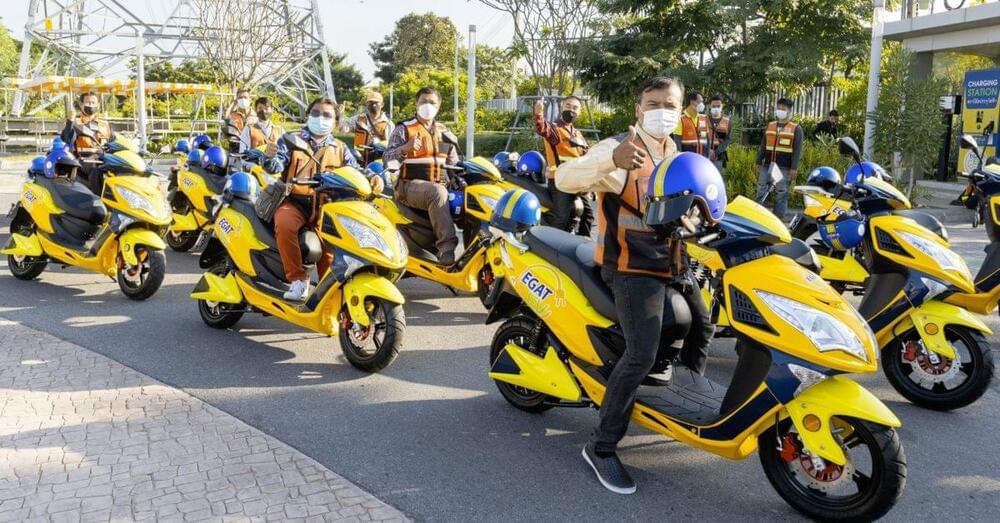
The Thai government is starting a new trial in Bangkok that will see electric scooters replace their gas counterparts for motorcycle taxis in the city.
The trial run could have big implications not just for Bangkok, but for scooter and motorcycle-laden cities across much of Asia.
If you’ve ever visited Thailand, you’ll surely have seen two of their most popular forms of public transportation that we don’t offer here in the West: rickshaws (tuk-tuks) and motorcycle taxis.
